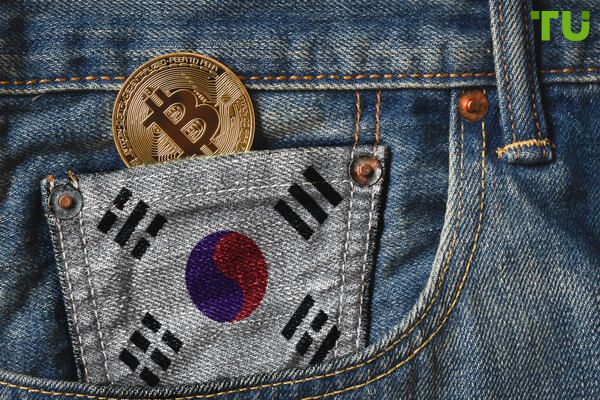South Korea steps up efforts to crack down on unlicensed crypto exchanges
 South Korea steps up efforts to crack down on unlicensed crypto exchanges
South Korea steps up efforts to crack down on unlicensed crypto exchanges
South Korea's financial regulators have called on all cryptocurrency market participants to report any unlicensed exchanges offering their services in the region.
To implement this plan, South Korea's Financial Intelligence Unit (FIU) has agreed to cooperate with the Digital Asset Exchange Association (DAXA), which includes five cryptocurrency exchanges operating in the country, including Upbit, Bithumb, Coinone, Korbit, and Gopax.
On Monday, December 4, DAXA announced that it has begun accepting reports of undeclared virtual asset operators. The main purpose of such reports is to find local and foreign virtual asset business operators who are not operating in accordance with Article 7 of the Special Financial Information Act and offering their services and products to Korean citizens, News1 reported.
The reports will be sent to DAXA's email account. They must include information about the company, evidence of undeclared activities, and reasons why the company is suspected.
The reports are first reviewed by DAXA, and then the results are sent to the FIU, after which the Financial Intelligence Unit will provide the Digital Asset Exchange Association with the current status of the operator named in the report as well as information on whether it needs to be notified of violations.
It is worth noting that South Korea has recently sought to expand its influence and control over the digital asset market. In November, the Democratic Party of South Korea required its candidates to disclose information about the crypto assets they own.
Prior to that, South Korea's Financial Supervisory Service (FSS) announced that it has begun drafting regulations to supplement the Virtual Asset User Protection Act, which will take effect in late 2023 or early 2024.
In addition, the Bank of Korea intends to invite 100,000 citizens to test the future central bank digital currency (CBDC) in 2024.
Read also: JPM Coin debuted in the Partior bank settlement system.













































































































































